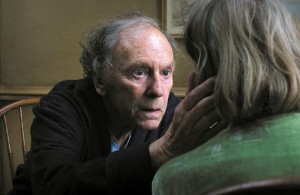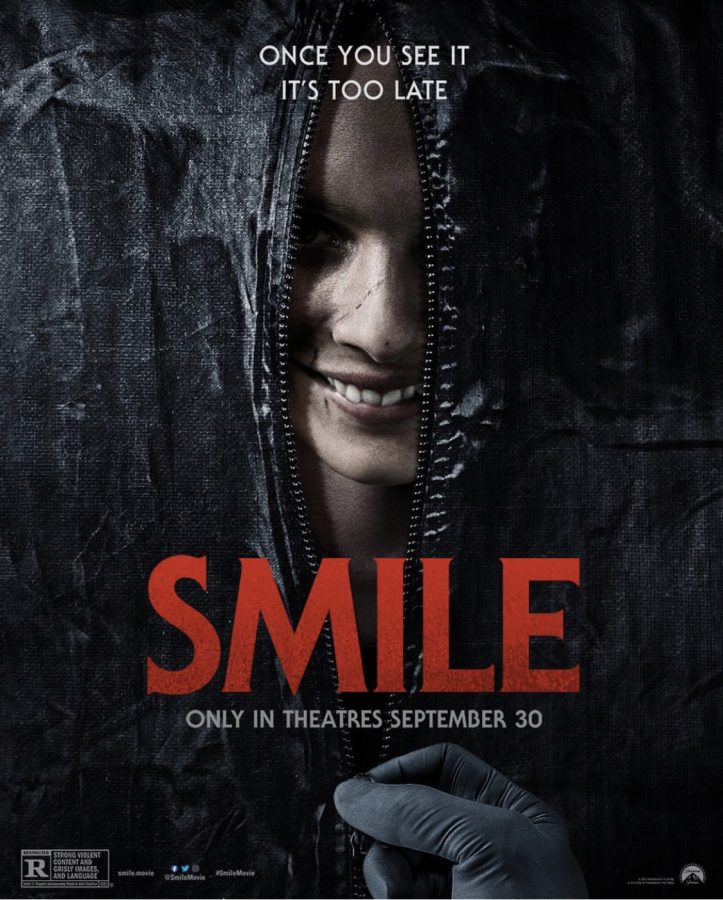It’s difficult to articulate my feelings on Michael Haneke’s Amour. On one hand, you have an expertly-crafted film that tackles real life. On the other hand, you have an incredibly depressing film that hits too close to home because it tackles real life.

Elderly couple, Georges and Anne, are in the twilight of their years, but they are still very active. They go to concerts, instruct students and so on. One day, Anne has a stroke, and the film becomes a study of the effect that illness has on a couple. As difficult as it is for Anne, there’s just as much pressure on Georges to take care of her as he watches his wife’s life deteriorate.
The acting in this film is, without exaggeration, magnificent. Though the movie is in French with English subtitles, you could still understand what’s going on without the subtitles. You can see the pain, the doubt and the pressure on Georges as he must cope with and try to heal his wife’s condition. Emmanuelle Riva is utterly heartbreaking, as she goes from a perfectly competent woman to a bedridden vegetable that spends the day babbling nonsense, going in and out of lucidness.
Though Haneke succeeds in making a very artsy film, it doesn’t succeed in holding attention all the time. At times there will be a five-minute scene, and Haneke has decided on using only one camera angle. This makes the film almost smother itself in how artsy it’s trying to be.
As someone who has experienced a loved one go through a stroke, this movie was almost too much for me to handle.
There’s a famous line in a movie that goes, “People don’t go to the movies to experience real life,” and this quote applies to Amour. It’s one of those movies that I respect those who made it, but it’s a film that I honestly never want to have to experience again. It’s hard to recommend this film on likeability, but if you’re looking for a movie to reaffirm that you can in fact cry at a movie, by all means go check out Amour.











